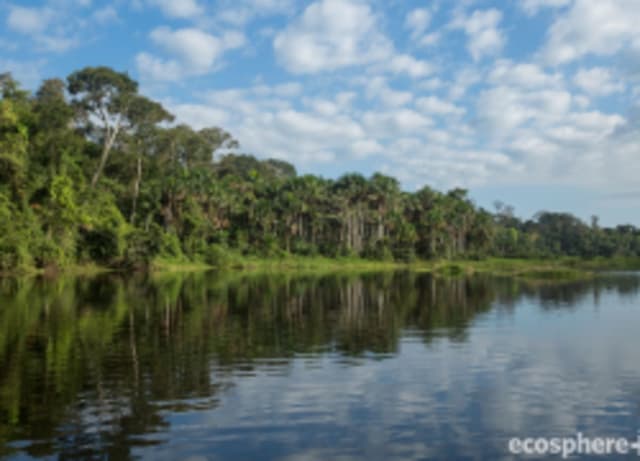Go the extra mile
Towards a cooler planet
Sustainability efforts by Amazon – why they are significant
Sustainability brands are doing a good job contributing to the environmental movement, and whether you like Jeff Bezos and Amazon or not, Amazon is now one of the most progressive sustainability brands. Amazon is making great efforts and large investments to serve the cause.
They are doing their best regardless of COVID-19 and other challenges.
However, Amazon has taken significant sustainability efforts and important actions to help the environment.
Sustainability and the climate pledge
The climate pledge is a commitment that Amazon co-founded in 2019. It binds the companies that sign it to agree on some commitments. One of them is to monitor and report greenhouse gas emissions regularly. And another one is to find and implement strategies to reduce carbon emissions, and then fully eliminate them.
And they have created a dedicated website to report their activities and progress, the Amazon Sustainability Hub. It has made commitments to reach a net-zero carbon footprint by 2040, and according to Amazon, they will achieve this 10 years ahead of the Paris Agreement.
They are also committed to making 50% of Amazon shipments net zero carbon by 2030, and power their operations by 100% renewable energy by 2025. Amazon also has purchased 100,000 electric delivery vehicles, and keeps funding technologies and services that help reduce emissions, as well as implementing reforestation projects and climate solutions.
More large companies joined the Climate Pledge in 2020, e.g. Verizon, Infosys, and Reckitt Benckiser, the owner of brands like Dettol and Vanish.
What about carbon footprint?
A carbon footprint is the total greenhouse gas emission that business operation activities create. Within the Amazon businesses, they measure emissions from many sources, examples of these sources are transportation, electricity use, and packaging.
Their goal as per the climate pledge is to reach net zero carbon by 2040. The total Amazon carbon footprint in 2019 was 51.17 million metric tonnes of CO2. This includes emissions from fossil fuels and other sources.
They try to remove carbon out of Amazon by making investments in technologies and products. Those products and technologies should help them achieve their goal. This includes renewable energy sources and their recent order of 100,000 electric vehicles. This order should help the green initiative that Amazon is going to implement in delivery that started from this year, 2021.
What is shipment zero?
Shipment Zero is an ambitious goal that Amazon declared to reach net zero carbon shipments. But if we talk about shipments, this involves many elements that are normally not that easy to control. Like the fulfilment centres, the packaging materials, and the transportation involved in the shipping process. Amazon’s goal is to be able to deliver 50% of shipments with net zero carbon emissions by 2030. The scope of shipment zero includes electricity emissions, transportation emissions, emissions from manufacturing and moving the packaging materials. They plan to make any fulfilment centre that has shipment-zero to be powered by 100% renewable energy.
Also orders under this program will be packaged in special certified packaging made by the product supplier, or packaged by Amazon in carbon-neutral packaging. In terms of transportation, they intend to use eco-friendly methods, an example is the electric 100,000 vehicles that they ordered, as well as electric bikes.
What else did they change?
Amazon made an initiative to redesign the packaging of products to make them recyclable, and to reduce their sizes as much as possible in order to reduce waste.
On their website, they say that they were able to reduce packaging weight by 33%. Also, they eliminated 880,000 tonnes of material used in packaging, this is through a program they call the Frustration-Free Packaging Program, in this, they encourage manufacturers to package their products so that they are easy to open. And the packages should be ready to ship without having to be repackaged again in an Amazon package, helping reduce waste.
They also help reduce food waste by donating extra and surplus food to food banks and charities, and they help third-party sellers to do so as well.
They also shifted towards sustainable practises in creating their own private label products. Examples of the product categories involved in this move are household goods, food & grocery.
Adding to that, they are also encouraging customers to Reduce, Reuse & Recycle. And this is by helping them to recycle electronics and find recycling centres, and offer them discounts on products that were opened, used, or refurbished. This helps because it avoids buying new items and leaving used items as waste.
17 South Street
Auckland 1010
New Zealand
info@carbonclick.com- -
- X
Sign up. Be inspired. Get clicking.
Subscribe now to stay up to date with CarbonClick, carbon offsetting and climate action.
By signing up you agree to our Privacy Policy.


